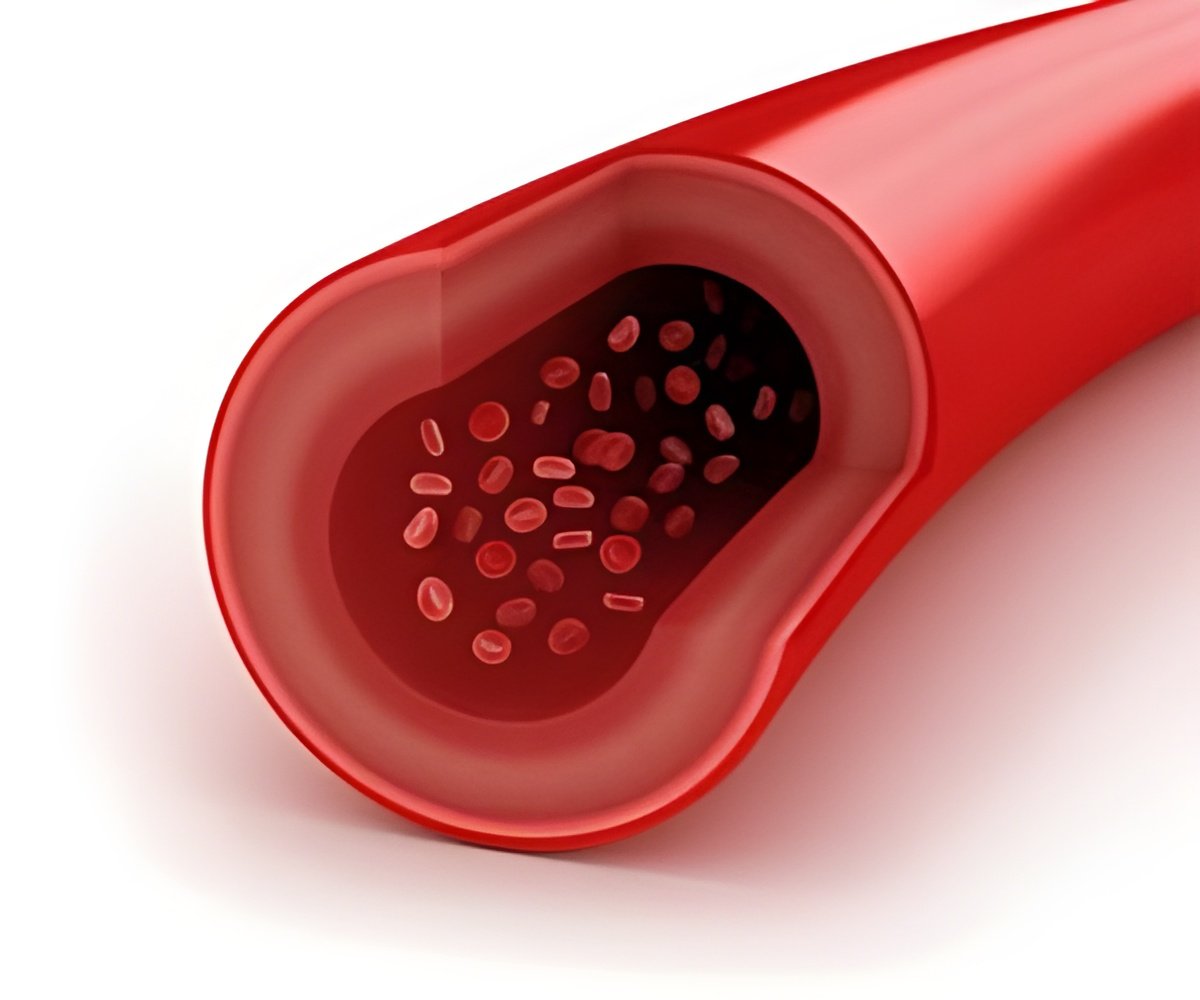New study finds that improving blood vessel growth could help alleviate serious health issues that arise with obesity, such as diabetes.

TOP INSIGHT
Improving blood vessel growth could help decrease serious health issues that arise with obesity, such as diabetes.
Read More..
However, when the tissue expands as it stores excess fat, angiogenesis is repressed, and new capillaries fail to grow. This results in unhealthy adipose tissue, which increases the risk of developing diabetes and cardiovascular diseases. "It is not clear why exactly new capillaries fail to form in obesity," says Haas.
Previous research led by Haas found that in obesity, the levels of FoxO1 increase in endothelial cells, which are the main cells that comprise capillaries.
"What we know is that a protein called FoxO1 is present in the cells that line the inside of blood vessels, and that it can stop the development of new capillaries. FoxO1 controls how cells spend their energy, and it can force them to go into a resting state. During obesity, the levels of FoxO1 increase in capillary endothelial cells. Therefore, it may be possible that FoxO1 prevents new blood vessels from growing in the fat tissues of obese individuals," says Haas.
The research team, which also included York Professors Emilie Roudier, Rolando Ceddia, and Christopher Perry, investigated whether inhibiting FoxO1 protein would stimulate adipose angiogenesis.
"While we anticipated that improving angiogenesis in adipose tissue would make the adipose healthier, we were surprised that altering the levels of a particular protein, FoxO, in endothelial cells exerted such a broad influence on whole-body glucose levels and weight gain. This led us to propose the novel concept that the activity of endothelial cells can alter whole-body energy balance."
More research is needed, Haas says, to investigate the optimal way to target these cellular processes to obtain positive health outcomes.
Source-Eurekalert
 MEDINDIA
MEDINDIA




 Email
Email










